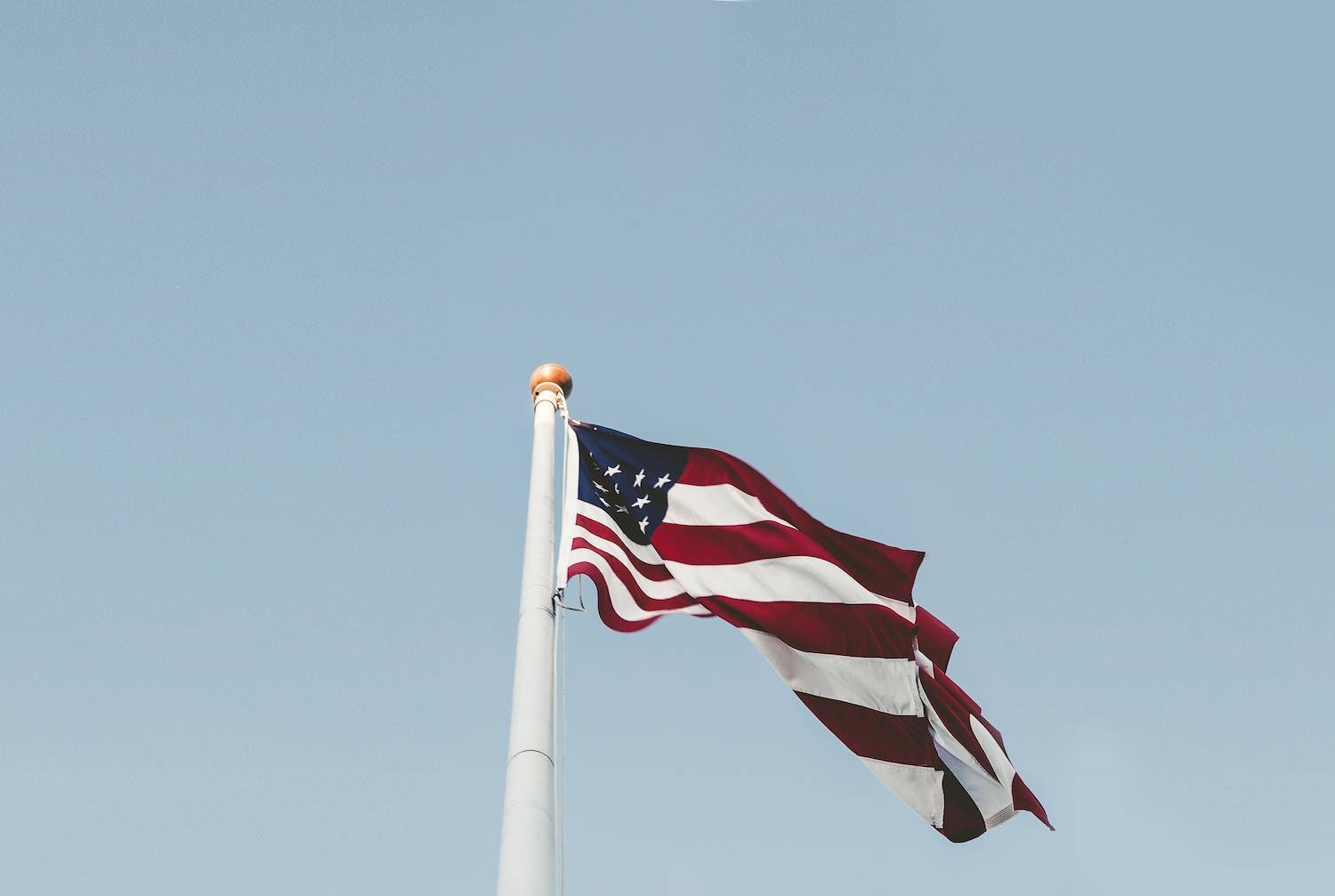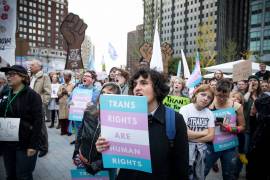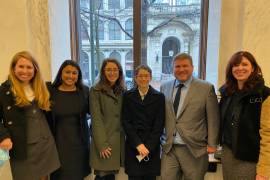The Seventh Circuit U.S. Court of Appeals this week denied a petition from a Jamaican immigrant, 51-year-old Ray Fuller, for relief from an order sending him back to Jamaica where he feared being persecuted and tortured due to his bisexuality.
Fuller’s fear of persecution was not theoretical; he provided evidence of having been the victim of violent harassment in Jamaica because of his sexual orientation, including having his face sliced with a knife while being taunted for being “gay,” being the victim of a stoning by fellow college students, being shot at and, after being shot at, being kicked out of his home by his family rather than supported.
In denying his petition for relief, the immigration judge not only expressed skepticism that bisexuals are persecuted in Jamaica, but also concluded that Fuller is not really bisexual, largely because of his relationships with women. She rejected as not credible all seven letters Fuller had provided from children and friends attesting to his bisexuality, including two ex-boyfriends.
In a scathing dissent, Judge Posner criticized the Fuller v. Lynch majority opinion for affirming the ruling of the immigration judge and Board of Immigration Appeals (which had affirmed the judge’s ruling), the effect of which is to perpetuate harmful misconceptions about bisexuals and the dangers they face.
Posner wrote:
The weakest part of the immigration judge’s opinion is its conclusion that Fuller is not bisexual, a conclusion premised on the fact that he’s had sexual relations with women (including a marriage). Apparently the immigration judge does not know the meaning of bisexual. The fact that she refused even to believe there is hostility to bisexuals in Jamaica suggests a closed mind and gravely undermines her critical finding that Fuller is not bisexual.
Judge Posner’s dissent is spot on.
First, the immigration judge’s conclusion that bisexuals do not face persecution in Jamaica is disturbingly ill-informed.
Efforts by Jamaican LGBT activists and allies — including groups like the Jamaica Forum for Lesbians, All-Sexuals and Gays (J-FLAG), and Quality of Citizenship Jamaica (QCJ) — have led to incremental progress on LGBT issues. Nevertheless, violence towards LGBT people in Jamaica is well-documented and continues to be a very serious problem. Indeed, Lambda Legal has previously educated the Board of Immigration Appeals on this very issue.
Second, the singling out of bisexuality for additional skepticism reveals a profound lack of understanding about bisexuality.
In a similar case in the U.K., a bisexual man seeking asylum, Orashia Edwards, had to go so far as to provide graphic photographic evidence of his same-sex relationship to the British Home Office to establish that he really was bisexual. He felt compelled to take such drastic measures after the Home Office had expressed skepticism because of Edwards’ relationships with women, just as the immigration judge in Ray Fuller’s case expressed skepticism about Fuller’s bisexuality because of his relationships with women. While Edwards eventually won his appeal in the U.K., justice has not been similarly served in the United States, where bisexuality remains woefully misunderstood by too many.
Bisexual activists and educators recently attended the first White House meeting convened to address immigration and asylum issues specific to bisexuality. Recommendations made to the White House included bisexual-specific training of immigration officers and resources, along with other measures, and explained, “[t]he assumption that a bisexual person’s identity depends on the gender identities or orientations of their partners (current or past), the misapprehension of a bisexual person’s ability to ‘pass as straight’ or the misconception that a bisexual person can ‘choose’ who to partner with, impedes fair immigration procedures.”
As Judge Posner aptly concluded in his dissent, the Seventh Circuit decision places Fuller in peril.
By seeking relief on the basis of his sexual orientation, he had put his trust in the American legal system to provide sanctuary against persecution for his bisexuality. Instead of receiving protection, he now is being forced to return to a country where the very fact that he sought asylum based on his sexual orientation makes it even more likely that he will be persecuted on that basis.
Read the Fuller v. Lynch decision, including Judge Posner’s dissent.





